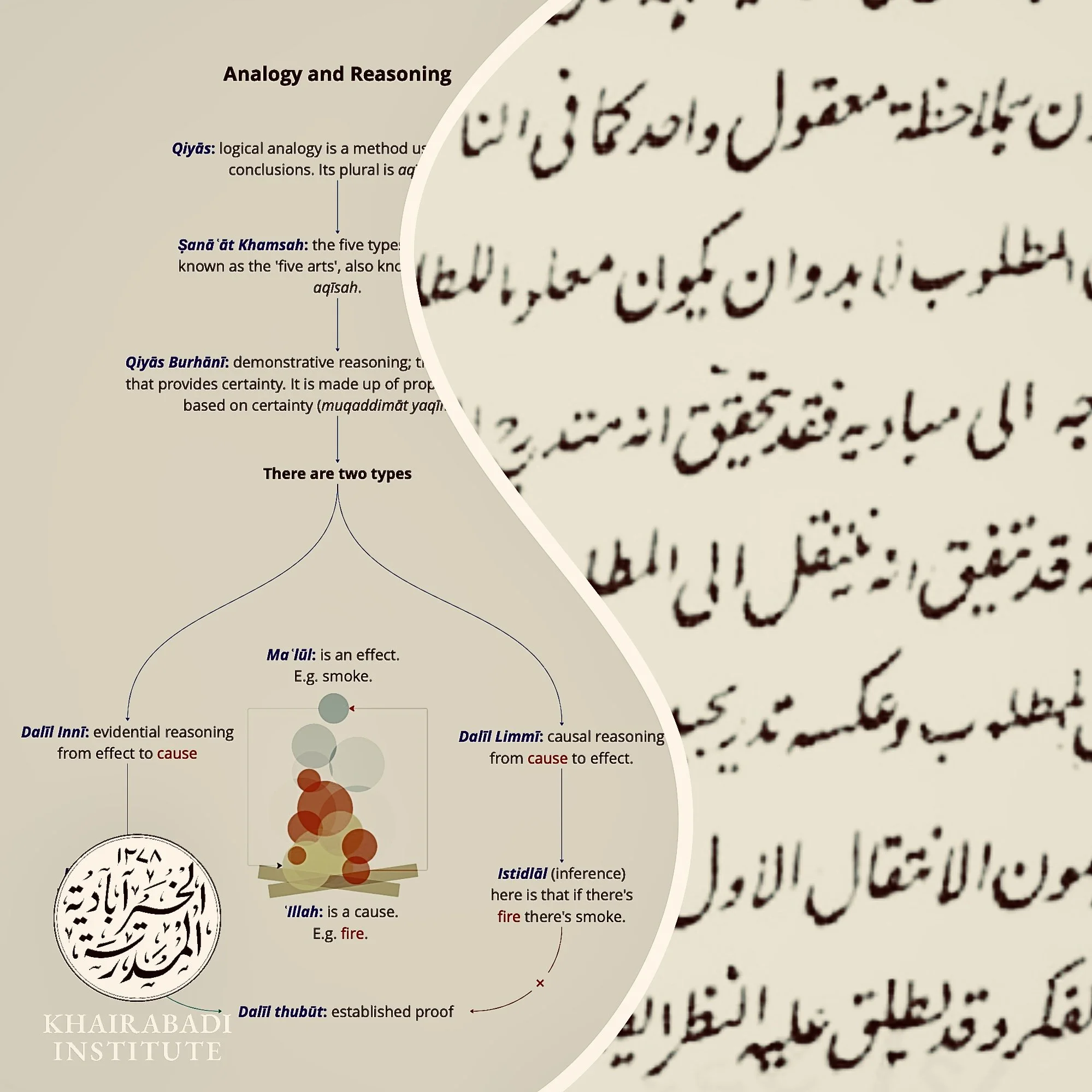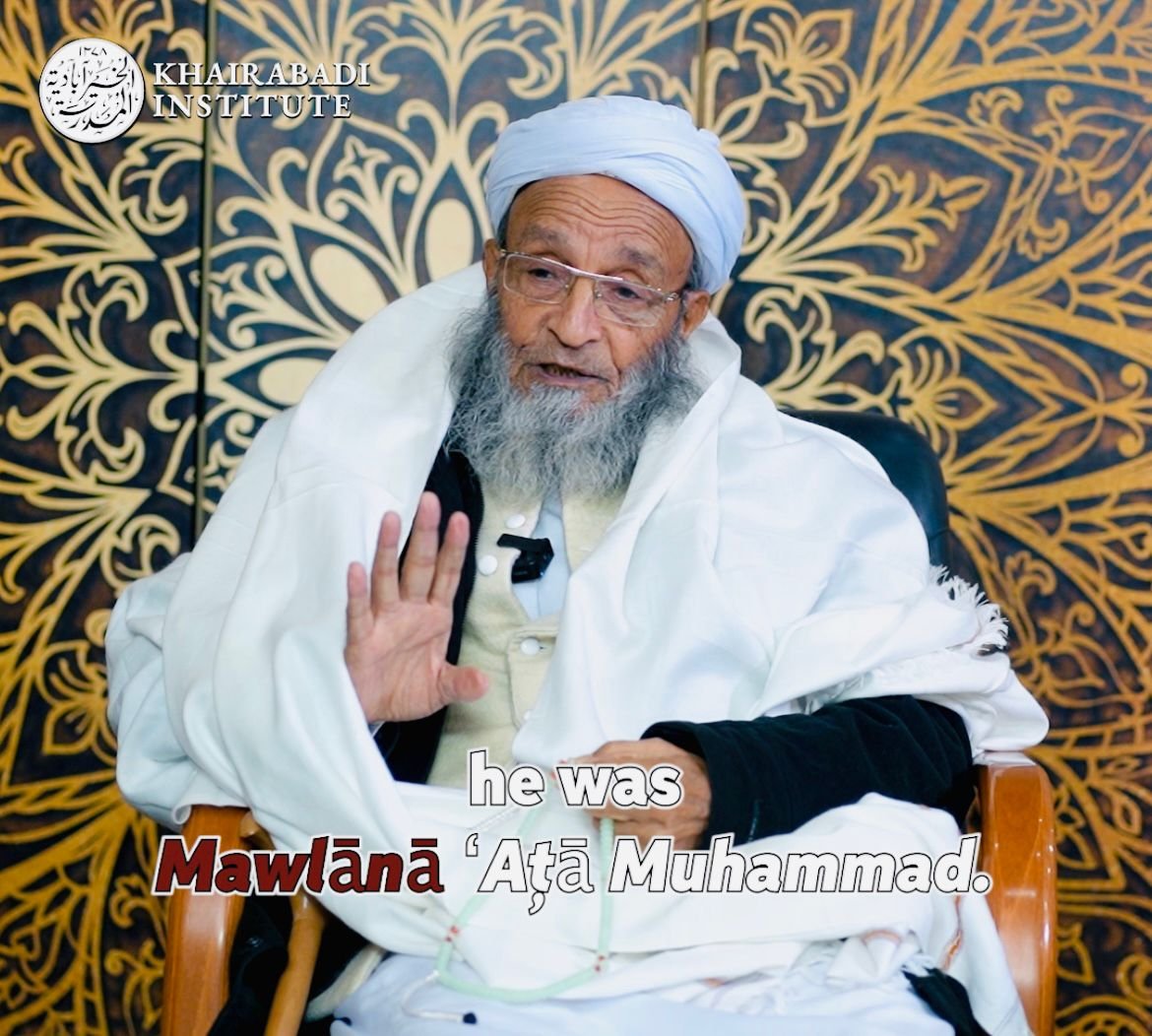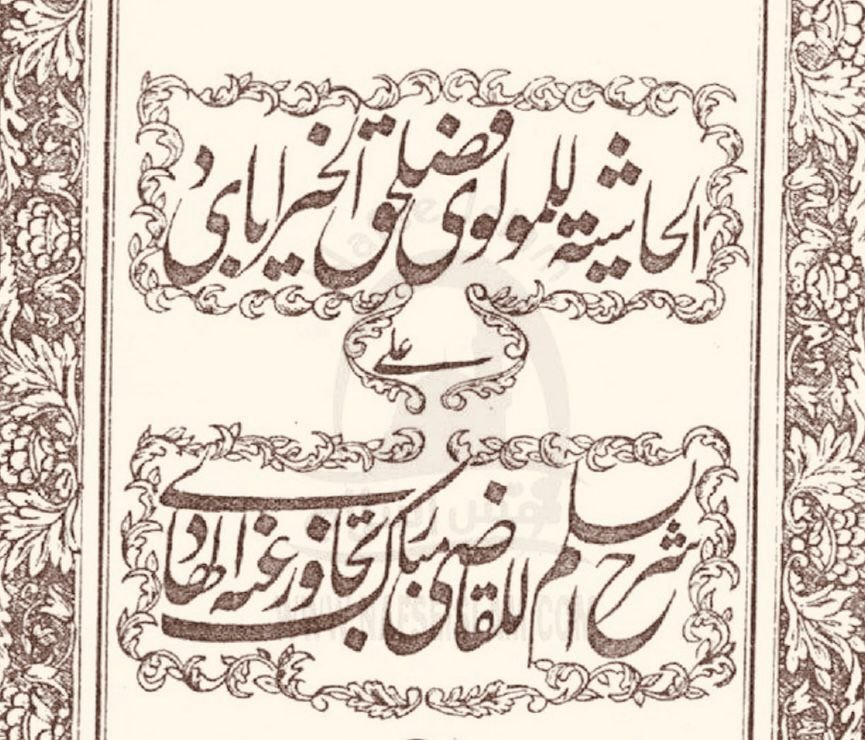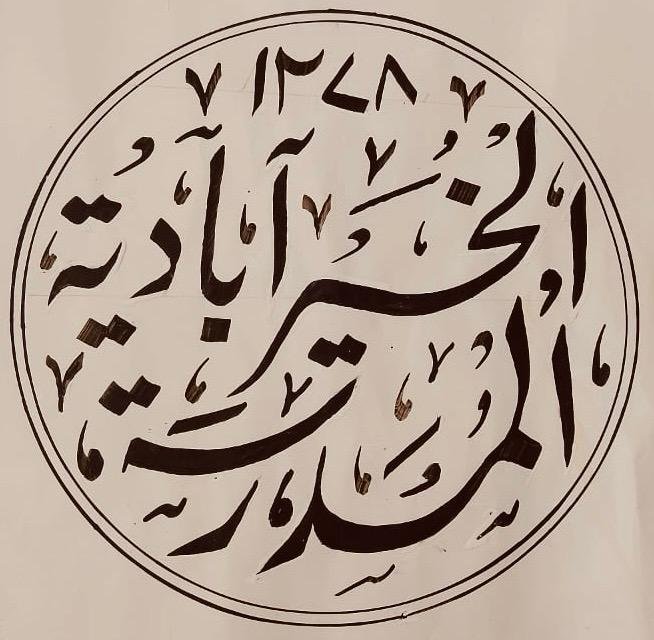Articles/Blogs

Mullā Quṭb al-Dīn al-Sihālawī: Scholar, Saint, and Forefather of the Farangī Maḥall
Today marks 333 years since the martyrdom of Mullā Quṭb al-Dīn Sihālawī al-Anṣārī, the fountainhead of the Farangī Maḥall tradition
Anyone who is a scholar or student with subcontinental roots — or who has benefited from the knowledge of its scholars — is indebted to this noble scholar and saint.
In this introductory biography of his life, we have included the full chain of transmission from Mullā Quṭb al-Dīn to Imām Abū Ḥāmid al-Ghazālī, along with images of the farmān issued by Sultām Aurangzeb to the sons of the late martyr.

Beyond Modern Reform: What Sultan ʿAbdul Ḥamīd’s Library Teaches Us
The implications of abandoning teaching methodologies that have been tested, verified, and refined over centuries leads to abandoning the books in the classical syllabi.
What lessons does Sultan Abdul Hamid II’s private library at Yildiz palace teach us?
Learn more about this and see photos of the Sultan’s personal library and manuscripts.

Completion of Ṣaḥīḥ al-Bukhārī & A Historic Visit to the Imām al-Bukhārī Complex
This past year marked the successful completion of yet another rigorous Dawrah Ḥadīth programme in KPK. However, this year was truly distinctive. For the first time, Shaykh al-Ḥadīth Fazl-i Subḥān al-Qādirī travelled to Uzbekistan, where he concluded the final ḥadīth of Ṣaḥīḥ al-Bukhārī, along with its detailed commentary, at the graveside of ʿĀmir al-Muʾminīn fi’l-Ḥadīth (Leader of the Faithful in Ḥadīth), Imām Ismāʿīl al-Bukhārī.
Learn more about this historic visit, the Shaykh’s teaching schedule, and his sanad (chain of transmission).

Mufti Fazl-i Subhan al-Qadiri visits the Imam Maturidi Complex in Samarkand
One of the largest neighborhoods in Samarkand is home to a vast cemetery where Imam Maturidi is buried. This neighborhood, known as Chokardiza, serves as the final resting place for many great scholars, Sufis, and prominent jurists. Among them is Imam Abu al-Fath Salih ibn Muhammad al-Sufi, who passed away in the year 532 AH. During his recent trip to Uzbekistan, Mufti Fazl-i Subhan Qadiri paid his respects at the Imam Maturidi complex in Samarkand.

Verified Solutions to Modern Intellectual Anxieties
Days ago, I concluded a one-hour conversation with a student of Khairabadi Institute, who shared some objections made against the Khairabādī-Farangī Maḥallī methodology of teaching. The core of the argument was its supposed irrelevance and the claim that it has been eclipsed by superior methods, rendering this pedagogical framework obsolete. Thankfully, the objections and their corresponding responses, along with related discussions, have been thoroughly documented, and I now present them to you.

A New Path in Online Islamic Education
At Khairabadi Institute (KI) we are acutely aware of the tendency of some to simply adopt a piece of technology or teaching style because it is what others are doing. We are also aware of the tendency to ignore any pedagogical or technological developments unless the teacher or institution is forced to use them. What we proposed is a measured and considered approach to online pedagogy. One might wonder, however, why does KI place such a strong emphasis on pedagogy? The answer is simple: how ideas are taught affects their reception. We thus reason that if we are able to ensure reliable transmission, we are ever closer to developing better students.

Mufti Fazl-i Subhān al-Qādirī on His Khairabādī Tutor
Remarkably, the man he discusses in this clip (link at the bottom) was one of the last century's prominent Ma’quli (intellectual) scholars who promoted the Khairabādī tradition throughout Pakistan.

Recognising the Relevance of Our Tradition
Initially, Dars-i Nizāmī was not just a curriculum but a pedagogy—a method of teaching and learning that focused on developing intellectual depth. After preparing a specific portion of a text, students would study it not by mere memorisation but by researching and uncovering the underlying principles embedded within it.

Exploring the Diwan of Imam Fazl-i Haq Khairabadi
This paper briefly explores ʿImām Khairabādī's Arabic literary prowess, his Dīwān, his adherence to the traditional stylistic conventions of ancient Arabic poetry, his distinctive poetic techniques, and, in particular, the unique nature of his poetic endings.

Chronicles of the Khairabadi Family: Rediscovering Our Lost Heritage
Discover the extraordinary Khairabadi family! Uncover their rich history, explore the lives of renowned male and female scholars, and rediscover our shared heritage in our new paper, 'Chronicles of the Khairabadi Family: Rediscovering Our Lost Heritage.'

Two Walī-Allahs, One Legacy
Shāh Walī-Allah Dehlawī is a widely celebrated figure from the Indian Subcontinent, whose scholarly importance is recognised globally. Those unfamiliar with the region recognise the exceptional scholarship of the late Mughal period through their familiarity with Shāh Walī-Allah Dehlawī. This recognition itself serves as a testament to his greatness.

The Spirit of the Farangi Mahall
Every Islamic tradition possesses a unique essence, a distinct quality or spirit that defines its identity. Within the Farangi Mahall intellectual tradition, this essence finds its embodiment in the figure of "The Greatest Shaykh, Muhyi al-Din Ibn 'Arabi, may Allah sanctify his secret. Central to the Farangi Mahall tradition stands 'Abd al-'Ali, renowned as Bahr al-'Ulum.


What problem is Khairabadi Institute trying to solve?
Access to the works from the earlier curricula is essential for aspiring scholars.

What is Khairabadi Institute striving to achieve?
Khairabadi Institute aims to bridge the gap between classical Islamic scholarship from the Farangi Mahall and Khairabadi traditions and contemporary Muslim students.


Al-Iji’s ‘al-Mawaqif’ in the Indian Subcontinent
Qādi Aḍud al-dīn al-Ījī’s renowned work, ‘al-Mawāqif fī ‘ilm al-kalām’, and its accompanying commentaries emerged as pivotal texts within the Sunnī madrasa curriculum from the fourteenth century CE onwards.

A Biography of Mufti Fazl-i-Subhan al-Qadiri
We were honoured to welcome Shaykh Fazl-i-Subhān al-Qādirī to the United Kingdom, a distinguished inheritor and proponent of the Ghazālian and Nizāmī tradition. He comes from a lineage steeped in Islamic scholarship, being the son of the renowned jurist and saintly figure, Qādī Shāhista Gul, who in turn himself studied directly under Imām Ahmad Ridā’ al-Qādirī.

Imam Adud-Din al-Iji
Imām ʿAḍud al-Dīn al-Ījī (AH 680–756/1281–1356 CE) served as a renowned Muslim theologian and jurist during the Il-khanid era. Originating from a distinguished lineage of scholars and jurists in Īg, near the strait of Hormuz in the Persian Gulf, he pursued a career in the court of the Mongol dynasty, particularly under the Il-khanids in Tabriz.



